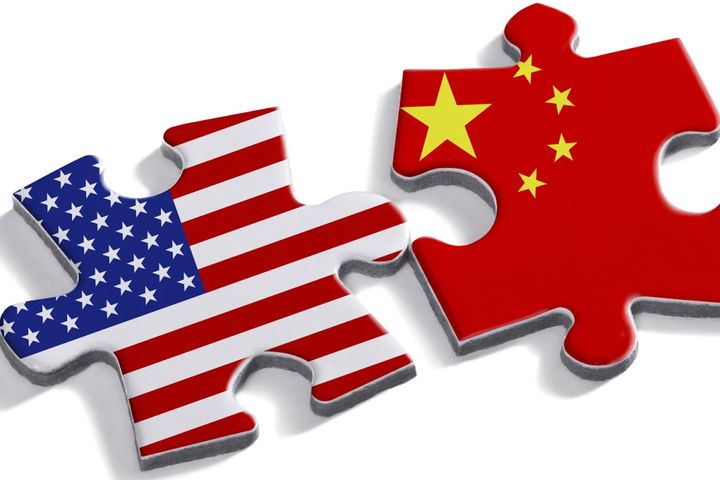 US Will Gain Only Limited Traction From Its Section 301 Investigation of China
US Will Gain Only Limited Traction From Its Section 301 Investigation of China(Yicai Global) Aug. 21 -- The US has initiated a 'Section 301' investigation into China, but its government should not overestimate its bargaining chips and the results that the move may trigger.
The office of US Trade Representative (USTR) Robert Wright Heze will inquire into whether certain Chinese laws, policies or practices may unfairly or discriminatorily impair US intellectual property rights, innovation or technological development per Section 301 of the Trade Act of 1974, the USTR said. The procedure is thus known as a Section 301 investigation. The USTR will hold the first public hearing on Oct. 10, and interested parties are required to submit their opinions prior to Sept. 28.
The USTR must first contact relevant foreign governments to seek trade compensation or remove trade barriers, per relevant provisions of Section 301. If such efforts fail, the US may impose remedial trade measures such as high tariffs and other charges and import restrictions. Once the investigation is initiated, the trade representative will negotiations with China, and the talks may last as long as one year, a US official said at an earlier briefing.
Unlike anti-dumping and countervailing inquiries, a Section 301 investigation is a little-known term to most people. This is partly because it is a unilateral legal tool that US President Ronald Reagan used frequently in the 1980s. Following the establishment of the World Trade Organization (WTO) in 1995, the US has had better multilateral trade coordination mechanisms at its disposal, and has since virtually stopped using this unilateral weapon.
Why then did US president Donald Trump decide to reinstate it? One reason is that Section 301 allows the US to circumvent WTO rules. Initiating a Section 301 investigation can save time, former USTR Matt Gold noted. For example, with a WTO appeal, it "would take a few years for us to bring it to a WTO panel, get a decision, then it will get appealed to the WTO appellate body. Then we get another decision. Then we have to go through another WTO process to get authorization for specific types of trade barriers … So it can take a few years to get the WTO authorization."
If the US deliberately violates existing international agreements, this will inevitably prompt other countries to follow suit, a US expert warned. If America bypasses the WTO and takes unilateral measures against China, it will likely result in trade retaliation in kind, noted Michael Froman, a former USTR in the Obama administration. "It will just lead other countries to retaliate against us or perhaps even worse, imitate us, and take action on their own without regard to international obligations."
"American companies would like the U.S. government to negotiate market opening in China, but most do not want a trade war. If the U.S. does take protectionist measures, such as an across-the-board import tariff on Chinese products, we can be sure that China will retaliate," David Dollar, a senior researcher at the Brookings Institution's John L. Thornton China Center, wrote in a recent report. "If the US actually adopts trade protectionist measures -- for example, imposing import tariffs on all Chinese products -- it would surely lead to retaliation from China," he added.
China has many options to do just that. It can change aircraft and soybean trade policies, and close the domestic market to American high-tech firms. "The US does not have the bargaining chips to ensure a complete victory over China. Any unilateral attempt to force China into abandoning its industrial policies may lead to a trade war, a 'lose-lose' scenario," Dollar noted. Last year, 26 percent of American Boeing aircraft exports, 56 percent of soybean exports, 16 percent of auto exports and 15 percent of integrated circuit semiconductors went to China, US government statistics show.
If the US imposes hefty tariffs on Chinese and Mexican products, as Trump suggested, this will result in a trade war, which will drag the US economy into a recession in 2019, and nearly five million Americans will lose their jobs, the Peterson Institute for International Economics concluded in a report titled Assessing Trade Agendas in the US Presidential Campaign.
There is no future and no winner in a China-US trade war, and both sides will be the losers, Hua Chunying, spokeswoman for China's foreign ministry, said Aug. 14.